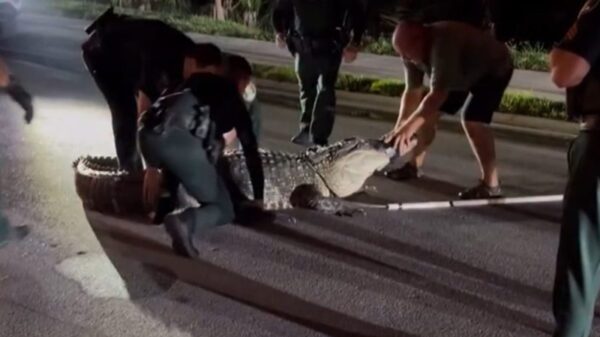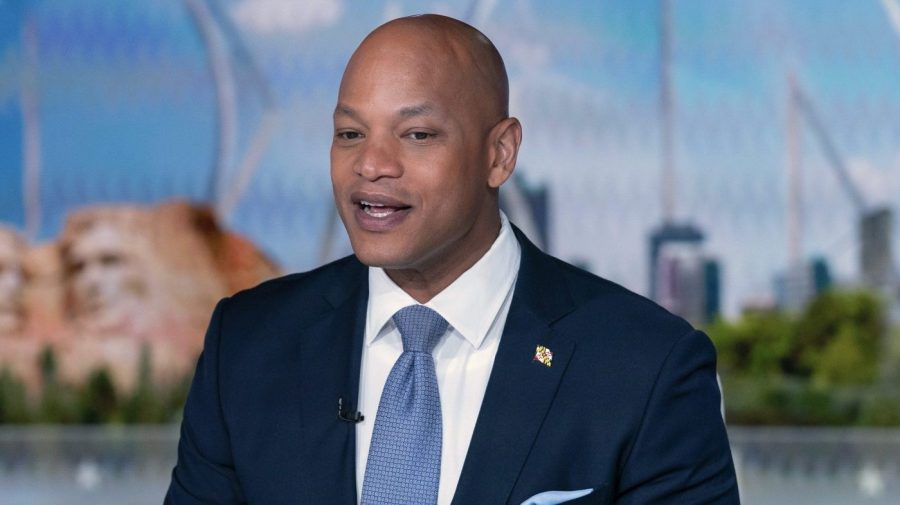Maryland Governor Wes Moore has publicly criticized President Donald Trump for his decision to deploy the National Guard to Washington, DC, describing the move as lacking “seriousness.” This statement came during an interview on March 7, 2024, with CNN’s Anderson Cooper, where Moore expressed concerns over the implications of such a decision in the context of addressing crime in the nation’s capital.
Moore emphasized that the decision-makers behind the deployment have not experienced military service themselves. “This decision is being made by people who frankly have never worn the uniform themselves,” he stated. He further remarked that the only “uniform they have worn are Brooks Brothers suits,” indicating a disconnect between those making the decisions and the realities faced by military personnel.
The governor highlighted his own military background, underscoring his commitment to the responsible use of the National Guard. He stated, “I take how the U.S. uses its citizen soldiers very seriously.” Moore warned of the consequences associated with deploying the National Guard, not only in terms of financial costs but also regarding the diversion of resources from other critical roles, such as responding to natural disasters.
In his comments, Moore noted that National Guard members have families and civilian jobs that must be considered. He declared, “The people of Maryland know that while I will be unafraid to utilize and mobilize the National Guard when there is a case of emergency, I will also not use it as some type of political ploy or some type of political tool.” His remarks reflect a broader concern regarding the politicization of military resources in domestic matters.
President Trump announced the deployment on March 6, 2024, as part of a broader strategy to combat crime in Washington, DC. He indicated that the Justice Department (DOJ) would take over oversight of the Metropolitan Police Department (MPD), declaring a crime emergency under the city’s Home Rule Act. Despite the president’s assertions, some critics, including Democrats, argue that violent crime rates have actually decreased in the capital.
Moore’s statements resonate with ongoing debates about the role of the National Guard and the proper response to crime in urban areas. His emphasis on the seriousness of military deployment highlights the need for careful consideration of the impacts on both service members and the communities they serve.
The conversation around the National Guard’s role in domestic issues continues to evolve, with Moore advocating for a balanced approach that prioritizes the welfare of those in uniform and their families. In a time of heightened political tensions, these discussions will likely shape future policies regarding military involvement in civilian matters.





































































